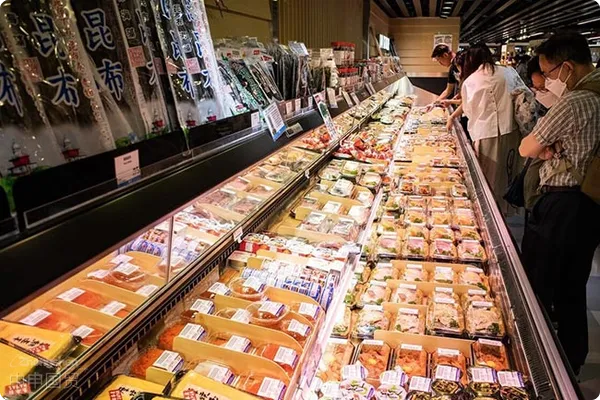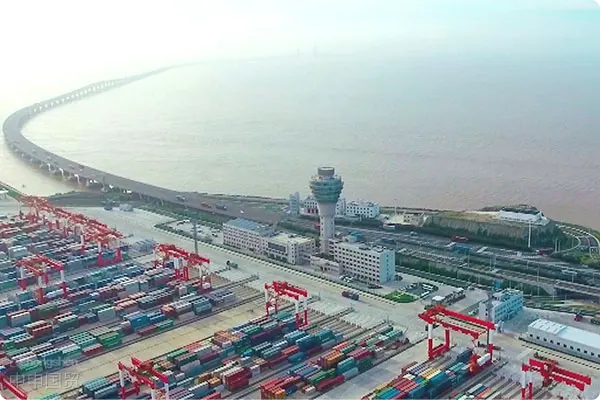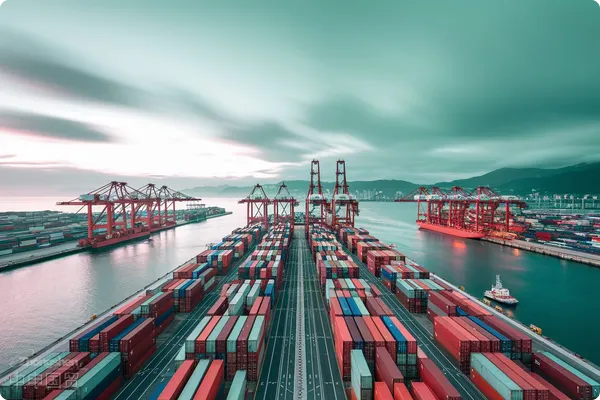- Shanghai Zhongshen International Trade Co., Ltd. - Two decades of trade agency expertise.
- Service Hotline: 139 1787 2118
Following the Japanese governments initiation of Fukushima nuclear-contaminated water discharge into the ocean on August 24, 2023, Chinas General Administration of Customs immediately issued an announcement to completely suspend imports of Japanese aquatic products. This decision is based on Chinasimport and exportfood safety management regulations and considers food safety and consumer health. This measure has not only affected hundreds of Japanese aquatic product producers and Chinese importers and distributors but has also sparked public discussions about the safety of Japanese cuisine.

I. Legal Basis for Chinas Complete Suspension of Japanese Aquatic Product Imports
Announcement Basis:The decision by Chinas General Administration of Customs is based on Article 35 of the Administrative Measures for the Safety of Import and Export Food of the Peoples Republic of China, which allows for the suspension or prohibition of imports of relevant food products in cases of significant food safety risks.
Scope of Impact:The announcement affects 448 Japanese aquatic products and 1,075 Japanese aquatic product producers registered in China. This not only impacts businesses but also importers and distributors within China.
Early Measures:Following the 2011 Japanese nuclear leak incident, China had already implemented a series of measures, including banning food imports from specific regions of Japan and strengthening radioactive substance testing.
II. What Constitutes Origin in Japan?
Complete Acquisition:Includes live edible aquatic animals born and raised in Japan, as well as marine-caught aquatic products obtained by vessels legally flying the Japanese flag from waters outside Japans territorial seas.
Substantial Change:The fundamental criterion is the change in tariff classification. For example, if Japan processes edible aquatic products originating from other countries, and these products undergo a change in classification under Chinas import and export tariff schedule.
III. Is the Complete Suspension of Imports a Temporary Measure?
Non-Temporary Measure:China had already implemented relevant response measures following the 2011 nuclear leakage incident in Japan. The current comprehensive suspension of imports is based on these prior measures.
Continuous Monitoring:China will continue to monitor the situation regarding Japans discharge of nuclear-contaminated water into the sea and dynamically adjust regulatory measures as needed.
Legal Follow-up:The temporary status also leaves room for subsequent developments and policy adjustments.
IV. What Risks Are Involved in Importing and Selling Japanese Cuisine?
Legal Risks:Including false declarations, smuggling of goods and items prohibited from import/export by the state, and charges related to non-compliance with food safety standards.
Economic Impact:Including short-term business disruptions and unavoidable economic losses.
Response Measures:Enterprises should comply with relevant laws and regulations, conduct food safety testing and risk assessments to mitigate legal risks.
V. How to Address the Safety Crisis of Japanese Cuisine?
Consumer Perspective:Consumers should assess the safety of Japanese cuisine based on national food safety standards. Not all Japanese cuisine uses ingredients from Japan.
Business Operator Perspective:Business operators should comply with the regulations of the General Administration of Customs and conduct relevant food risk assessments and safety testing.
Policies and Standards:In the future, if nuclear-contaminated water spreads to other sea areas, the safety of food should be assessed based on corresponding standards issued by the state.
Overall, this comprehensive suspension of imports demonstrates the Chinese governments high regard for food safety and public health. It is also a response to the unilateral actions taken by the Japanese government, which have drawn widespread international attention and concern. At the same time, it provides clear guidance to Chinese importers and consumers to ensure food safety and compliance.
Related Recommendations
? 2025. All Rights Reserved. 滬ICP備2023007705號-2  PSB Record: Shanghai No.31011502009912
PSB Record: Shanghai No.31011502009912










